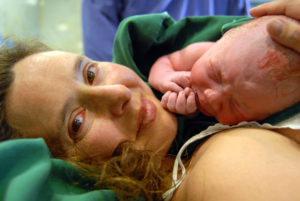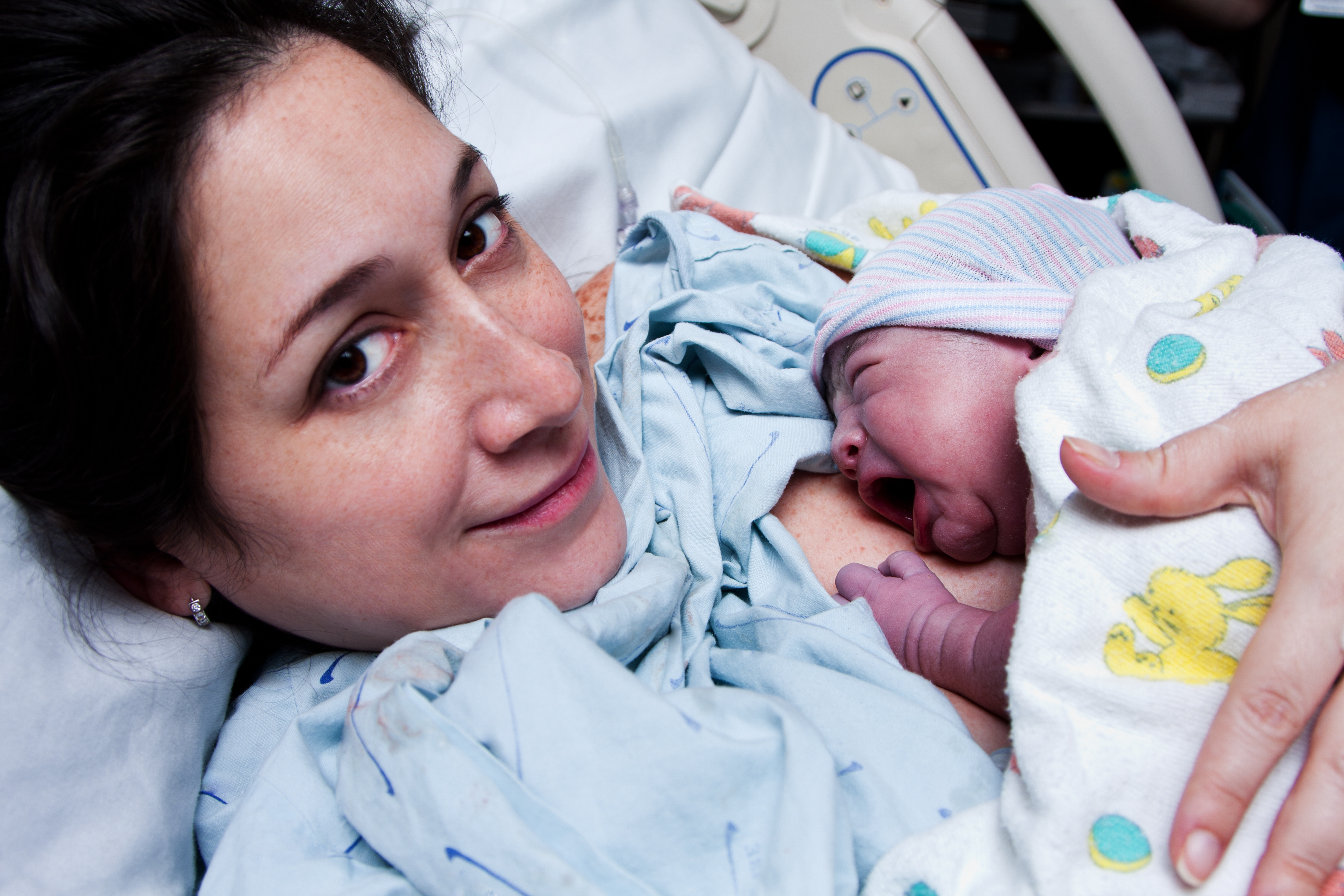Are you a mom-to-be? One thing you need to know is breastmilk after delivery and that it takes a bit of skills to breastfeed. At the start, it might feel overwhelming and scary. It’s best to make yourself aware of what you should be expecting when you start breastfeeding.
The breastfeeding process for your newborn will differ based on the type of birth you had. Not only does this pertain to vaginal versus cesarean births, but also to whether there were any complications with either mom or baby. After-birth practices also differ depending on where you deliver, such as at a hospital, birth center, or at home. With everything so fresh and new, how are you supposed to navigate the breastfeeding process?
Breastfeeding After A Vaginal Birth
After an uncomplicated vaginal birth, the baby should be placed directly on mom’s chest for skin-to-skin in order to help regulate the baby’s body temperature, as well as to initiate bonding. Women are often opting out of immediate baths and weight checks in order to substitute skin-to-skin time.
If mom had some complications, her partner can also fully participate in skin-to- skin. Sometimes if the baby has complications, he or she will need to be taken to the NICU. Breastfeeding is then put on hold for a little bit depending on the situation.

The exact time breastfeeding is initiated will vary depending on the mother, baby, and facility. Usually providers will encourage you to initiate nursing sometime in the first couple hours after birth.

As a new mom, it’s always helpful to have a nurse, lactation consultant, or doula there with you to help begin the process. It can seem overwhelming at first, so taking it step by step can help.
First, get yourself into a comfortable position. As a new nursing mom, you’re probably going to want to have a nursing pillow as well as extra pillows and blankets to prop yourself up into the perfect position. Don’t worry – as you get acclimated to nursing, you won’t need all of that extra equipment.
For pillows, we recommend the My Brest Friend over the Boppy because it’s much more versatile. You’ll then want to work on your latch, which is essential to decreasing nipple pain and making sure your baby is adequately transferring milk.
It’s normal for your baby to nurse for longer periods of time when you’re both new to breastfeeding. Some babies will nurse almost an hour per side! You can try burping in between sides, but don’t panic if your baby doesn’t belch – breastfed babies don’t burp as often as their bottle fed counterparts.
One thing to remember is that your baby is going to be very sleepy after birth and for the few weeks after. He or she will likely fall asleep at the breast a lot, and for the most part, this is ok.
You just want to make sure they are getting enough to eat, so gently rousing them is a good idea. Try nursing when the baby is undressed or gently blow on his or her face to wake them if they fall asleep during a session.
Breastfeeding After a Cesarean
Birth Unlike with a vaginal birth, many moms who undergo a cesarean section are unable to participate in the breastfeeding process right away. If the cesarean is an emergency or has any complications, your nurses will wait until your medication has worn off to place the baby on your chest and initiate breastfeeding. Other times, mothers are able to do skin-to-skin immediately after birth in the operating room. A c-section is considered major surgery, so the point in which skin to skin and breastfeeding is initiated is based on the mother and the baby’s particular recovery and situation.


Thinking about breastfeeding right after your baby’s birth can be overwhelming. No mother wants a complicated delivery, but know that regardless of complications, you can go on to have a successful breastfeeding relationship with your child. Take advantage of the educated nurses and lactation consultants at your disposal, and consider hiring a doula to help both during your delivery and postpartum with breastfeeding help.
That very first time breastfeeding can be very scary and unexpected, what was it like for you, was it how you imagined?





